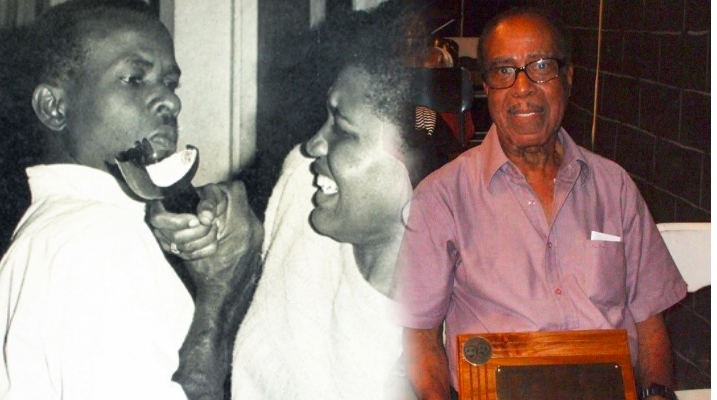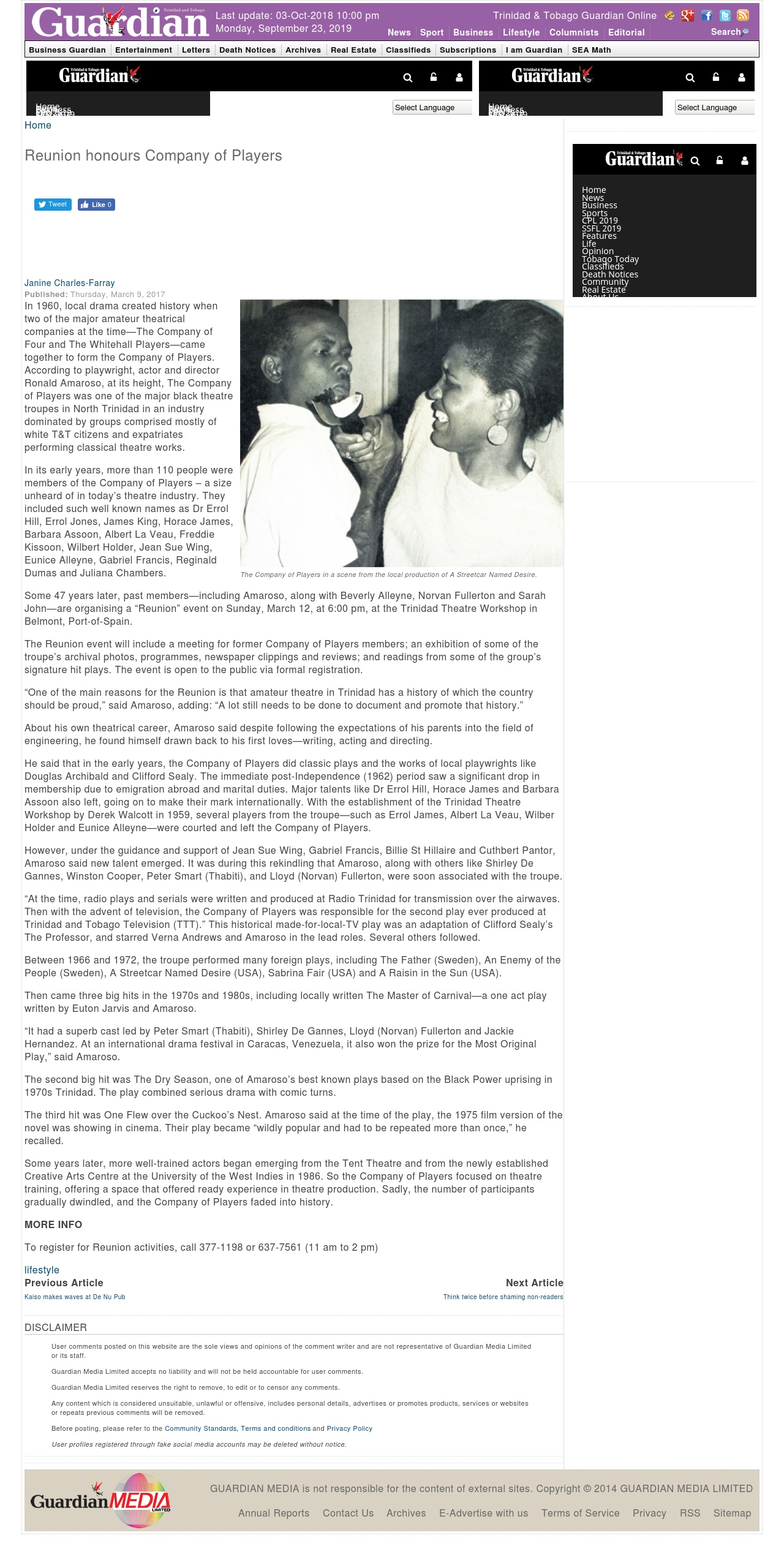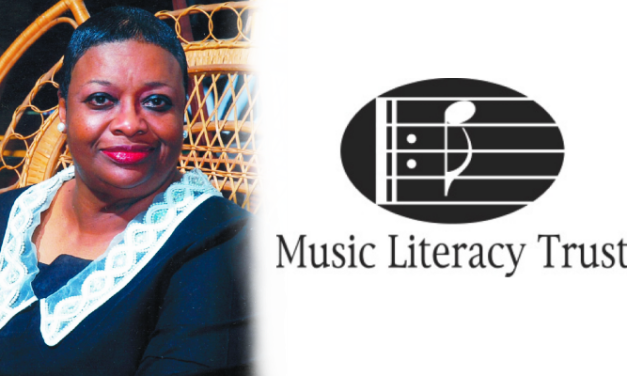In 1960, local drama created history when two of the major amateur theatrical companies at the time—The Company of Four and The Whitehall Players—came together to form the Company of Players. According to playwright, actor and director Ronald Amaroso, at its height, The Company of Players was one of the major black theatre troupes in North Trinidad in an industry dominated by groups comprised mostly of white T&T citizens and expatriates performing classical theatre works. In its early years, more than 110 people were members of the Company of Players – a size unheard of in today’s theatre industry.
They included such well known names as Dr Errol Hill, Errol Jones, James King, Horace James, Barbara Assoon, Albert La Veau, Freddie Kissoon, Wilbert Holder, Jean Sue Wing, Eunice Alleyne, Gabriel Francis, Reginald Dumas and Juliana Chambers.
Some 47 years later, past members—including Amaroso, along with Beverly Alleyne, Norvan Fullerton and Sarah John—are organising a “Reunion” event on Sunday, March 12, at 6:00 pm, at the Trinidad Theatre Workshop in Belmont, Port-of-Spain.
The Reunion event will include a meeting for former Company of Players members; an exhibition of some of the troupe’s archival photos, programmes, newspaper clippings and reviews; and readings from some of the group’s signature hit plays. The event is open to the public via formal registration.
“One of the main reasons for the Reunion is that amateur theatre in Trinidad has a history of which the country should be proud,” said Amaroso, adding: “A lot still needs to be done to document and promote that history.”
About his own theatrical career, Amaroso said despite following the expectations of his parents into the field of engineering, he found himself drawn back to his first loves—writing, acting and directing.
He said that in the early years, the Company of Players did classic plays and the works of local playwrights like Douglas Archibald and Clifford Sealy. The immediate post-Independence (1962) period saw a significant drop in membership due to emigration abroad and marital duties. Major talents like Dr Errol Hill, Horace James and Barbara Assoon also left, going on to make their mark internationally. With the establishment of the Trinidad Theatre Workshop by Derek Walcott in 1959, several players from the troupe—such as Errol James, Albert La Veau, Wilber Holder and Eunice Alleyne—were courted and left the Company of Players.
However, under the guidance and support of Jean Sue Wing, Gabriel Francis, Billie St Hillaire and Cuthbert Pantor, Amaroso said new talent emerged. It was during this rekindling that Amaroso, along with others like Shirley De Gannes, Winston Cooper, Peter Smart (Thabiti), and Lloyd (Norvan) Fullerton, were soon associated with the troupe.
“At the time, radio plays and serials were written and produced at Radio Trinidad for transmission over the airwaves. Then with the advent of television, the Company of Players was responsible for the second play ever produced at Trinidad and Tobago Television (TTT).” This historical made-for-local-TV play was an adaptation of Clifford Sealy’s The Professor, and starred Verna Andrews and Amaroso in the lead roles. Several others followed.
Between 1966 and 1972, the troupe performed many foreign plays, including The Father (Sweden), An Enemy of the People (Sweden), A Streetcar Named Desire (USA), Sabrina Fair (USA) and A Raisin in the Sun (USA).
Then came three big hits in the 1970s and 1980s, including locally written The Master of Carnival—a one act play written by Euton Jarvis and Amaroso.
“It had a superb cast led by Peter Smart (Thabiti), Shirley De Gannes, Lloyd (Norvan) Fullerton and Jackie Hernandez. At an international drama festival in Caracas, Venezuela, it also won the prize for the Most Original Play,” said Amaroso.
The second big hit was The Dry Season, one of Amaroso’s best known plays based on the Black Power uprising in 1970s Trinidad. The play combined serious drama with comic turns.
The third hit was One Flew over the Cuckoo’s Nest. Amaroso said at the time of the play, the 1975 film version of the novel was showing in cinema. Their play became “wildly popular and had to be repeated more than once,” he recalled.
Some years later, more well-trained actors began emerging from the Tent Theatre and from the newly established Creative Arts Centre at the University of the West Indies in 1986. So the Company of Players focused on theatre training, offering a space that offered ready experience in theatre production. Sadly, the number of participants gradually dwindled, and the Company of Players faded into history.
MORE INFO
To register for Reunion activities, call 377-1198 or 637-7561 (11 am to 2 pm)









